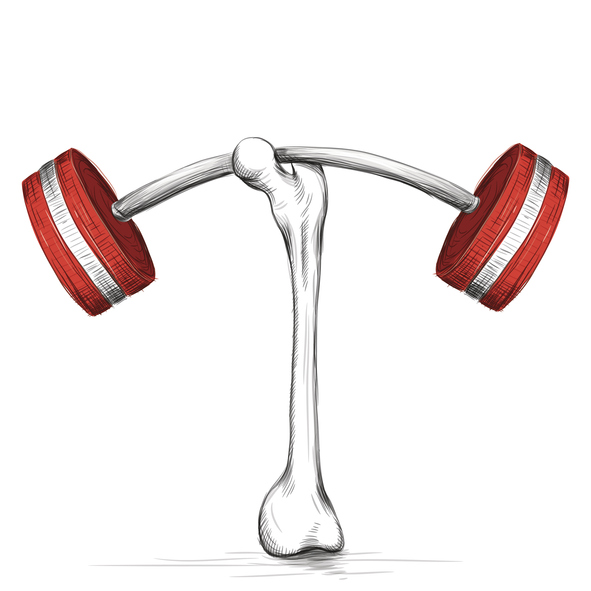We’re all always asking to some degree where the hotel industry is going. At the ownership level, it’s a matter of timing in terms of whether or not to buy, sell, renovate, expand or reflag.
Right now, we are all asking when the full post-pandemic recovery will properly get underway so that we have a good flow of topline revenues to then address some of these downstream questions. When is the best time to start a major financial project? How has the pandemic propelled certain trends to guide future investments? Where is there money to be made?
These were just some of the questions that I posed to Michelle Russo, CEO and Founder of HotelAVE, an asset management company that is grappling with the current state of our industry. What we concluded is that hospitality is increasingly moving towards a barbell distribution, with luxury and economy segmentation, and not much in the middle. Below summarizes some of the major talking points from our discussion.
Giving the Hotel Industry a (Financial) Workout
As per the introduction, Ms. Russo immediately drew a parallel between hospitality and a set of barbells by stating, “At one end, you have the luxury resorts and, at the other end, the premium extended stay properties. They are the heavy ‘weights ‘of our industry. The center is thin, a zone of limited investor interest and marginal investment potential. Looking at our post-pandemic business from a strictly financial basis, this middle area is where valuations may not recover to their 2019 peak levels. They will sell at a discount, if at all; and hotels that were challenged pre-Covid perhaps only for land value.”
 Limited Returns for Property Investments in the Center
Limited Returns for Property Investments in the Center
Asked about investing in renovations, she replied, “The pandemic just accelerated the pre-existing trends. One must examine the potential for a return on investment. If you own a property with low ceilings, small bathrooms and narrow corridors, you have to start to ask yourself just what sort of rate you can get for this post-renovation. Couple that with HVAC, CAT6 and plumbing infrastructure upgrades, and the analysis may show that there isn’t a positive return from any property improvement plan.”
A Glimmer of Hope
Ms. Russo continued, “There are a number of relatively new brands that are emerging as successful investment vehicles. Think micro-sized products that can work in the 200 square foot guestroom range or even less, like Yotel, Moxy and citizenM. They can thrive where there is a need for a lower price point product. Here you can look at more keys in the same floor pad, thereby increasing your yield per square foot. This may be an opportunity for older buildings, again depending upon the infrastructure improvements that are necessary to make the transition into this new product segmentation.”
Technology for Improved Guest Service
Asking about the impact of technology on the hotel industry, Ms. Russo remarked, “For transactional functions, technology is actually an improvement over personalized, high-touch guest service. Most guests do not want to wait for check-in or check-out, to make a reservation for dining or room service, or to get on a phone call with someone to have their car brought out of the parking lot. For activities of this nature technology cannot be beat; guests prefer the speed of automated service. There are many other disciplines where technology can improve the product and also provide cost savings.”
Our short conversation concluded with a joint feeling that the transitions in our industry will ultimately strengthen it. Despite recent troubles, the hotel industry is nevertheless ripe for investment if you have done your due diligence to analyze the trends and market demands. Start by thinking in terms of the trend towards this new age barbell-shaped product distribution and where your property or development can fit within those classifications, then allocate capital accordingly.
